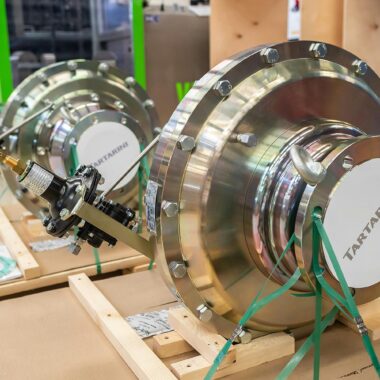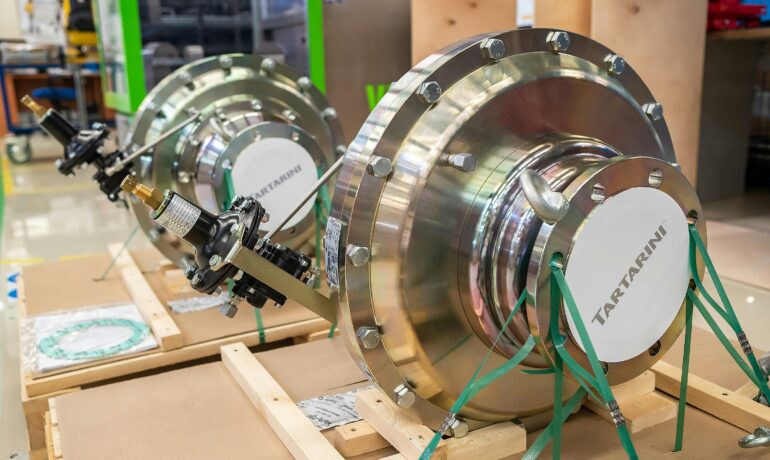In September last year, iSPIRT and SITARA had proposed a Govt-led and public-private sector executed Sovereign Compute Stack as the corner stone of the esteemed Principal Scientific Advisor’s Deep Tech Policy. The proposal, which will guarantee India’s long-term technological independence and help retain the trillions of dollars our engineers are otherwise generating for foreign majors, should ideally be led by a central, overarching agency. A few hundred million dollars only – can lay the foundation for India to leap-frog to a massive, probably 10 trillion dollar, high-tech economy.
Our proposal, initiated by our distinguished member Shri Ayonam Ray, envisages a Sovereign Compute Stack (SCS), details of which are in the uploaded letter. This can be built through the concentrated work of a few 100 engineers. A viable attractive funding model which will help retain top engineering talent in India has also been proposed. We hope this can be concretised through the latest push for reforms to create a high-tech economy, which has been SITARA’s goal from the very beginning, as the SCS aims to build the capabilities for sovereign AI, which is now getting a push from MeitY.
The US, China are advancing rapidly to enhance their capabilities in AI, which is being weaponised, as many technologies are. Thus, the US National Security Commission on Artificial Intelligence (NSCAI) Report states that “AI tools (which are dual use) will be weapons of first resort in future conflicts” and recommends a whole-of-nation approach to ensure that by 2025, the Department of Defense and Intelligence Community are AI-ready. It recommends a Technology Competitiveness Council to build an AI strategy that basically encompasses all critical national security departments and agencies.
The letter forwarding the report is incidentally signed by Eric Schmidt, former CEO/Alphabet Chief who chaired the Defense Innovation Board and the National Security Commission on Artificial Intelligence (NSCAI).
The set-up recommended reportedly by the Indian Committee to reform DRDO – that the Defence R&D Council should be under PMO’s purview, would be ideal. But even defence capabilities ultimately depend on compute capability, hence the SCS must be part of an overarching National Technology Mission/ Council to develop indigenous super high-tech and establish India as an independent technological pole. Technology must form the core of our overall National Security Strategy.









More Stories
Old Industrial Powers still ahead in foundational manufacturing
One small step for India, a giant leap towards sovereign compute capabilities